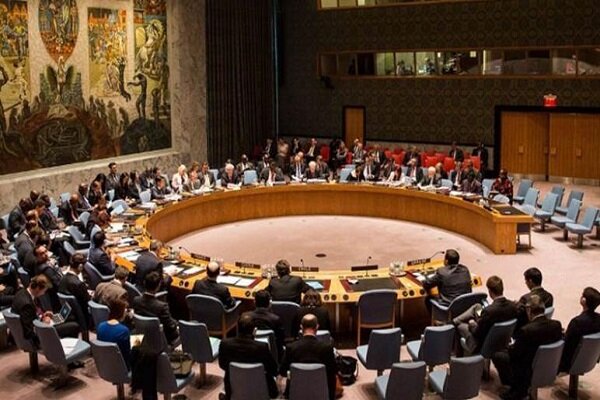In the Security Council vote on Friday, Washington failed to receive nine votes in favor of the measure, removing the need for Russia and China to wield their vetoes which they had indicated they were prepared to do.
The resolution only gained two votes in favor (the United States and the Dominican Republic), while two were against (Russia and China).
The remaining 11 nations abstained (France, the United Kingdom, Belgium, Germany, Vietnam, South Africa, Indonesia, Niger, Saint Vincent and the Grenadines, Tunisia, Estonia).
The voting was held in the written format due to the novel coronavirus pandemic.
Diplomats feared that the resolution would threaten the Iran nuclear agreement.
The United States has become isolated over Iran at the Security Council following President Donald Trump’s withdrawal from the multilateral Iran nuclear deal 2018.
Iran had said that the US resolution would fail to gain the required support at the Security Council, pointing out that Washington has no legal right to invoke a snapback mechanism to reinstate sanctions against Tehran under the 2015 nuclear deal that the US unilaterally left in May 2018.
"Legally speaking, the United States is no position to use the snapback [mechanism]. The three European allies of the United States also explicitly stated at a previous meeting of the UN Security Council that the United States could not use this mechanism," Iranian Foreign Minister Mohammad Javad Zarif told reporters on the sidelines of a cabinet meeting on Wednesday.
On Thursday, Iran’s Permanent Mission to the United Nations in New York called on the Security Council to withstand the “illegal” and “ill-intentioned” move by the United States to extend the arms embargo on the Islamic Republic.
The US has stepped up attempts aimed at extending the UN arms ban on Iran that is set to expire as part of the Joint Comprehensive Plan of Action (JCPOA), which has been endorsed by Security Council Resolution 2231.
